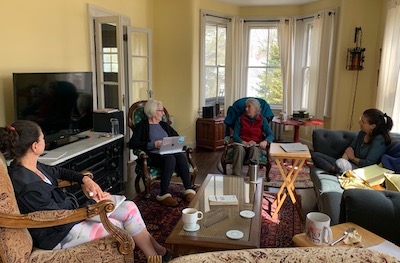
I’m Halfway Through My Year of Poetry
Here are 5 lessons I’ve learned so far
It’s June, and I’m halfway through my Year of Poetry. That’s right, back in January I deemed 2022 my year of poetry. Here’s a sampling of what I’ve done and what I’ve learned so far:
- In March I joined a year-long poetry intensive. In this class we’re studying poetic forms, we’re writing from prompts, and we’re critiquing one another’s work. And of course, we’re reading a lot of poetry … including a lot of contemporary, hybrid, and experimental works.
What have I learned from this? I generally think of myself as fairly traditional in my literary tastes, i.e. I’m drawn to narrative and lyrical poems that make sense and make me feel something. However, having opened myself up to some new authors (including Shira Erlichman and Marie Conlan) I’m discovering that I have a lot more tolerance than I expected for fragmented, chronologically fluid poetry that crosses genres and demands a second and a third read before I “get it.” Especially if that little extra effort rewards me with the linguistic goodies that come from a well-crafted piece of writing—even if it eschews punctuation or plays with white space as much as rhyme or meter.
Yes, you can teach an older poet new tricks!
- This year I’ve been on two, count them TWO writing retreats! In-person! This was a stretch for me because I have been playing it pretty close to home through these past many Covid seasons.
What have I learned from this? From spending a week at a time away from home with groups of writers I discovered that I LIKE hanging around with others whose idea of a good time is sitting in circles reading and writing together—even when there’s an ocean a mile down the street, or a quaint New England village to explore around the block. Okay, this isn’t exactly news to me…but after 30-something months since my last in-person writing retreat, this feels like a revelation.
- This year I’ve been writing poems in which I explore the story of Sarah, the biblical matriarch. To refresh your memory, Sarah was married to Abraham, and God promised that she would have a son and be “mother to nations”. And yet, she remained childless until at 90 she had a son, Isaac. The story would have been memorable enough had it ended there—but then, God commanded Abraham to sacrifice Isaac. Although Abraham passed this test of faith without having to kill his son, this story tests the faith and the powers of imagination of each person who encounters it. That sounds heady and heavy, I know! But the more I dream into this story and slip into the perspective of each character, the more I find that they are alive in me—in us—even to this day.
What have I learned from this? As a dreamworker and writer, I teach about the power of archetype. Now I am deeply living those lessons. In the process, I’ve found bits of these biblical characters’ stories inside of me—and bits of me within their stories. Who knew? The lives of people who lived in a desert culture thousands of years ago are not so distant after all.
As one of my favorite poets would say, “I contain multitudes.”
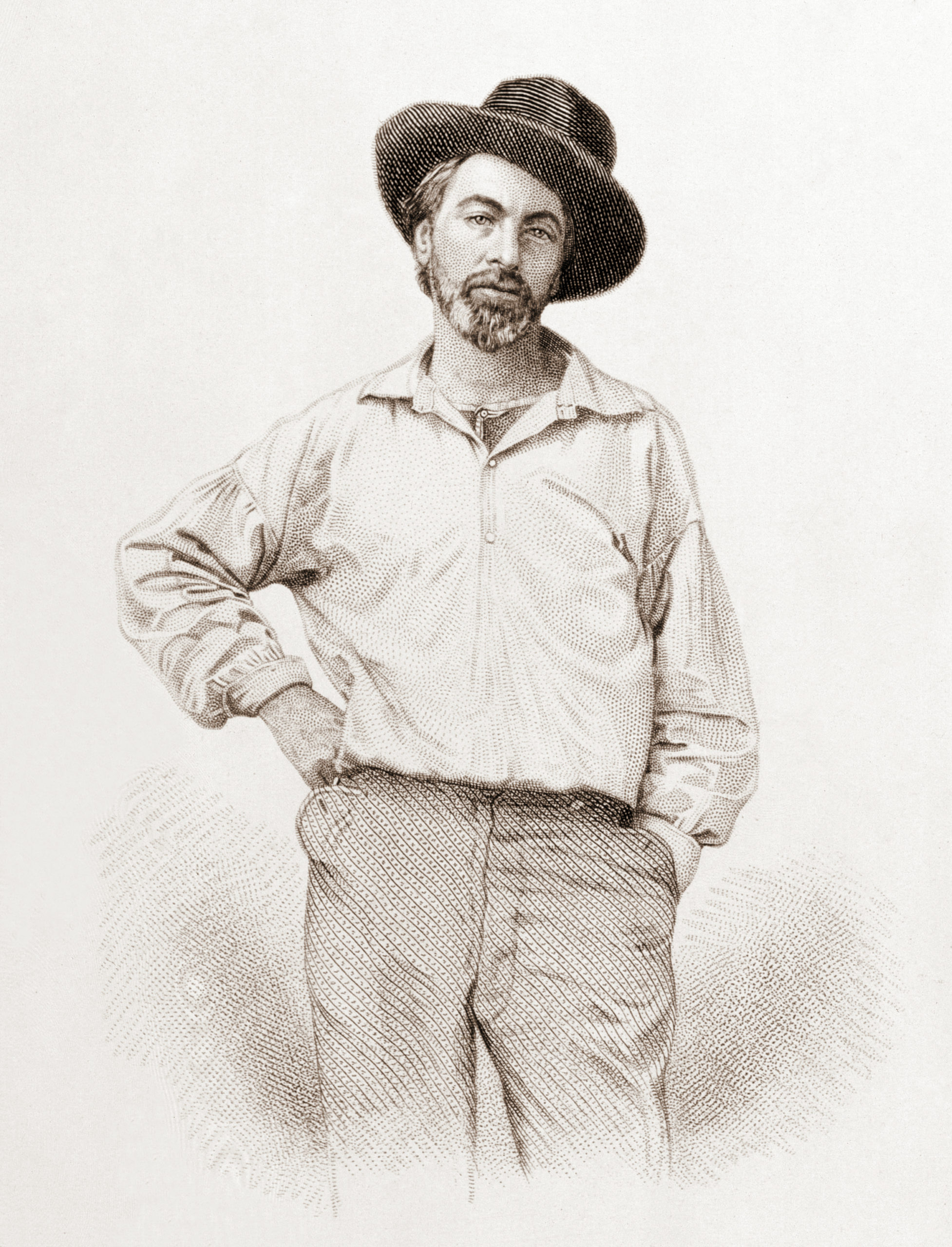
- Spending so much time reading and writing poetry, I find myself questioning what makes a poem worthwhile and worth writing–especially since the topic I’ve chosen for myself is fairly esoteric and obscure. I’ve discussed this question of the relevance of poetry with other writers on my retreats and in my class, and I’ve asked the question of myself as I read the books stacked on my nightstand, too.
What have I learned from this? The poems and stories that linger, that last, do so because they contain a timeless encounter with grief, with faith, with heartbreak, or love—so we can dip our hands in; so we can touch something that makes us know we are not alone. Poetry that uses words to bring us to an understanding that moves beyond words, is worth reading, and writing.
- I’ve learned this, too: Poetry is a luxury. I know, Audre Lorde says it’s not, and of course she’s right. But poetry can hold a paradox. After all, poetry won’t make me rich and it won’t protect me against Covid or Monkey Pox or any of the other scary things out there. In fact, the poems I’m writing may never be read except by the other writers in my classes and writing circles, and family members who feel obligated to at least try to read what I write. So in the sense that poetry is an extra, that it doesn’t contribute to my bottom line in any way, it is a luxury.
It feels luxurious to indulge my love of words, my search for meaning, and my dedication to craft through reading and writing poems. And it’s a luxury that I’m willing to lose some sleep over as I stay up past my bedtime to fit a little bit of poetry into nearly every day.
I’m so glad I set this priority for 2022. I’m only sorry that the year is already halfway through.
To add more poetry to your life, check these upcoming courses …
Or head over to your local library or your favorite independent bookseller and check out any of these titles that have been filling my life with poetic satisfaction, pleasure, and joy these days. Some are pretty heavy—but each one is beautifully crafted and memorable and well worth a read:
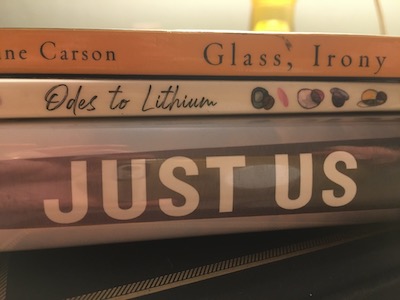
- Glass, God, and Irony by Anne Carson
- Say Mother Say Hand by Marie Conlan
- Odes to Lithium by Shira Ehrlichman
- The Narrow Road to the Interior by Bashō
- Just Us by Claudia Rankine (Poetry and Prose)
Tzivia Gover, author of The Mindful Way to a Good Night’s Sleep and other books, leads workshops on dreams and writing. Her poetry, prose, essays, and articles have been widely published in dozens of anthologies and periodicals from Sinister Wisdom to the New York Times. She has an MFA in Creative Nonfiction from Columbia University.
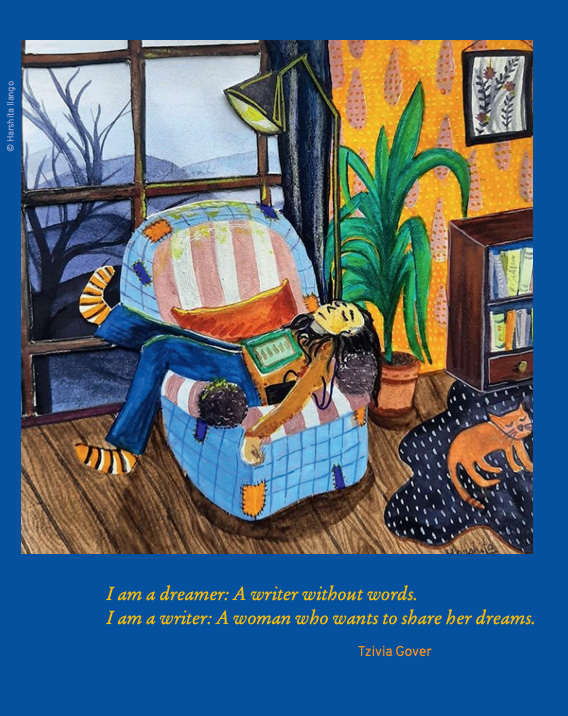
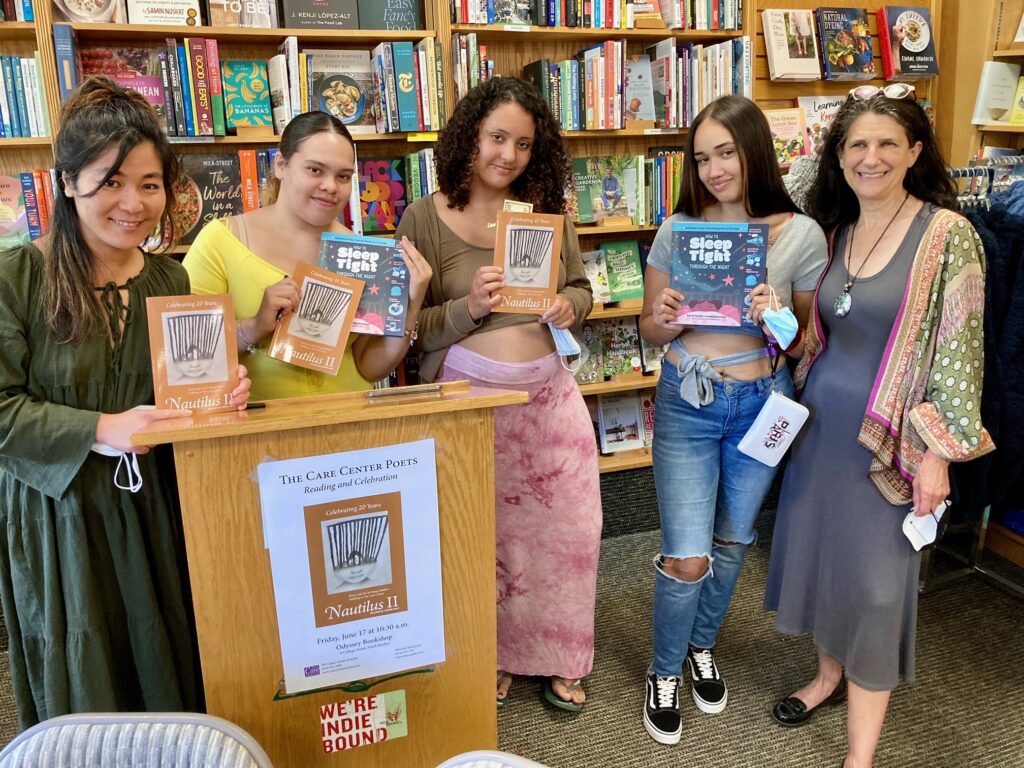
Tzivia, thanks so much for sharing these reflections at your half-way mark. I resonate with the love of this challenging endeavor and your passion for writing, reading and spending time doing both in community.
Thank you for reading and sharing, Stephanie! It’s always a pleasure to connect with you. Keep writing 🙂
Trivia, I can feel the joy in your writing and your learning! I am inspired to follow my poetic heart more closely. I plan to investigate Baho and Claudia Rankine. Thank you!
P.S. Mary Oliver has been sustaining me over recent months. I feel a sister in her writing.
Thank you, Nancy! Yes, follow your poetic heart <3.
Mary Oliver is indeed an inspiration and a lovely poetic companion. (As are you!)
I am always inspired by your reflections…thank you and ready to get back in the poetry mix
Hi Sarah,
I’m happy to hear that you’ll be diving back into your poetic dreams and dreamy poetry 🙂